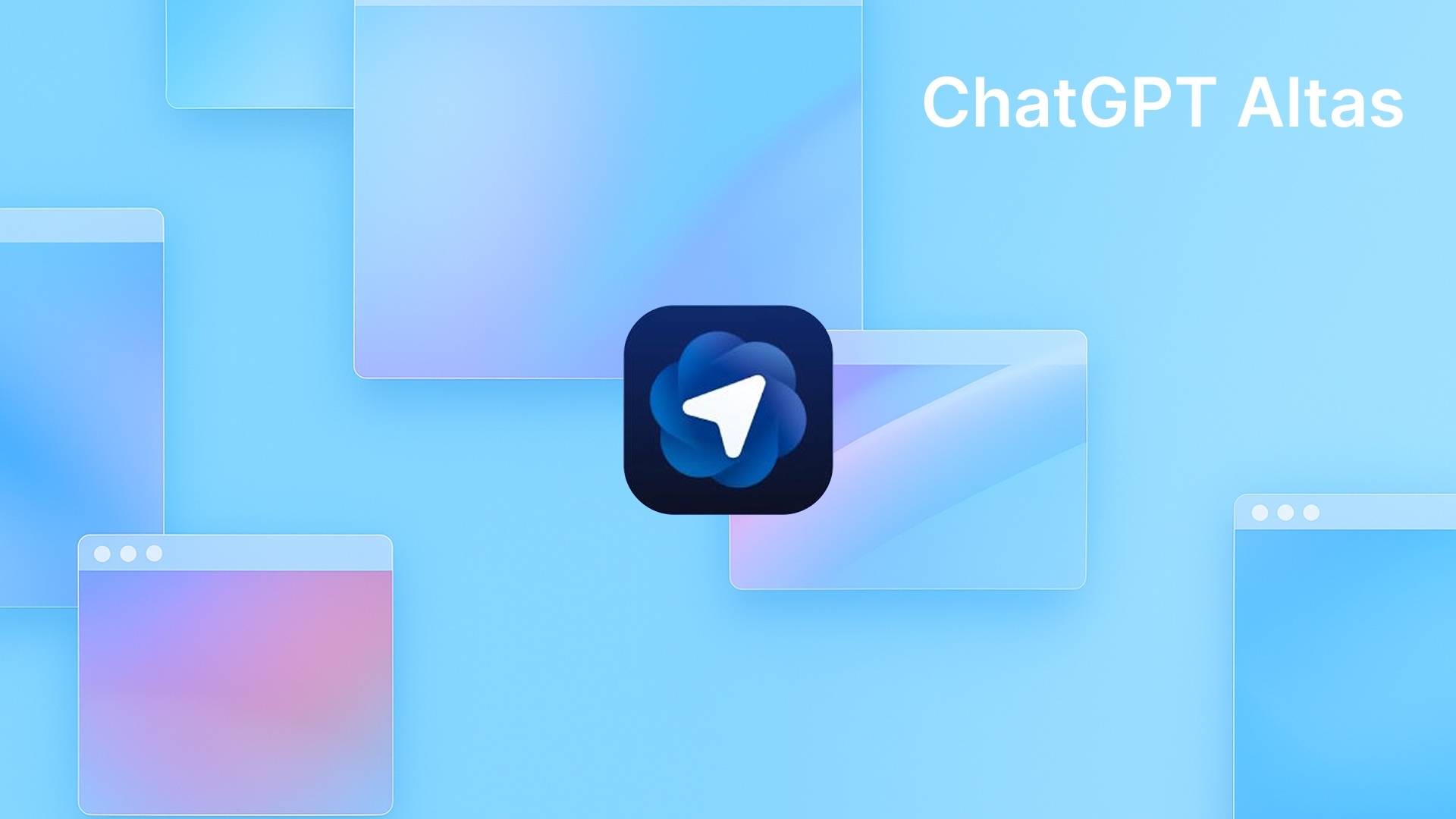

OpenAI has launched ChatGPT Atlas, a new browser built around its flagship assistant. The release marks a major shift in how users interact with the web, turning browsing into an intelligent, task-driven experience that helps users research, automate workflows, and access information more efficiently than ever before.
Atlas brings ChatGPT directly into the browser window. You can ask questions, summarize web pages, and perform tasks without switching tabs. The assistant understands what you see and helps you act on it instantly.
The browser’s Agent Mode lets ChatGPT perform real actions like opening tabs, filling forms, and completing multi-step workflows. It turns passive browsing into guided automation.
Atlas includes an optional browser memory that remembers what you read or searched earlier. It can recall pages, resume unfinished work, and suggest related actions. You have full control to enable, disable, or clear this data anytime.
The interface looks familiar because it’s built on Chromium. But it feels smarter, faster, and designed for AI-first workflows.
Atlas is currently rolling out to macOS users across Free, Plus, Pro, and Go plans. The installation process is quick, and users can easily import bookmarks, passwords, and browsing history for a seamless transition.
Versions for Windows, iOS, and Android are under development and will launch in the next phase of the rollout.
OpenAI has introduced dedicated admin tools that allow business and education users to manage deployments, set permissions, and maintain control over browsing data at scale.
Atlas redefines the browser. It merges web access and intelligence in one place. For researchers, marketers, and creators, it promises faster discovery, context-rich insights, and smoother task flow.
With Atlas, OpenAI is moving from chat to full web control. The race for the AI-first internet has officially begun.